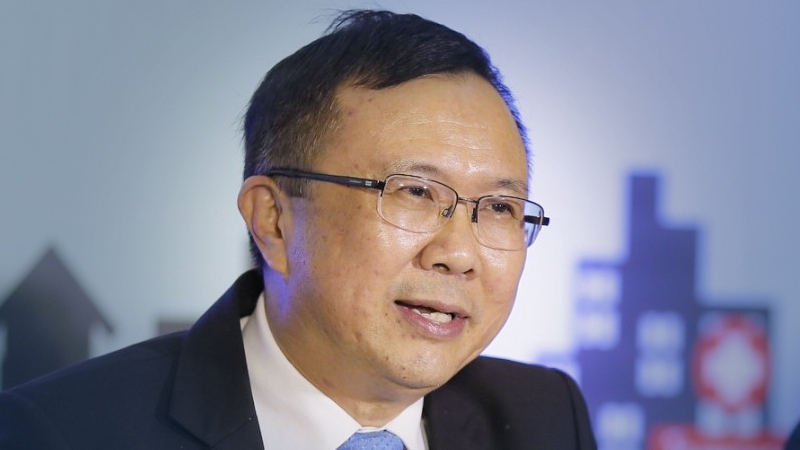Asean committed to its goal of Universal Healthcare Coverage

Asean leaders have recognised the role of Universal Healthcare Coverage (UHC) in improving health conditions and the well-being of their people, a senior Thai official said.
“UHC is a common goal of all Asean nations. The governments of the region want to see their people having access to healthcare without any barriers,” said Supakit Sirilak, deputy permanent secretary at the Public Health Ministry, who oversees ministerial collaboration on the health agenda in Asean.
“But each nation is in a different stage of establishing UHC. For example, [the governments of] some countries have yet to provide health welfare to civil servants. It would be difficult for them to leap to UHC in an immediate time period,” he said.
He classifies Asean countries in three groups based on their progress in UHC development. First, the countries that have succeeded in setting up UHC such as Brunei, Malaysia, Singapore and Thailand, where the entire population of these countries are covered by healthcare insurance.
Second, the countries that are moving towards UHC such as Indonesia, Philippines and Vietnam, where governments have implemented laws to guarantee healthcare access to citizens. But their health insurance programmes do not cover every citizen at this stage.
Finally, there are countries with limited resources such as Cambodia, Laos and Myanmar. The governments of these countries lack the financial resources to fund free healthcare for their citizens.
According to data collected by the International Health Policy Programme, each Asean nation has a different level of health expenditure, showing the gap in health access among citizens in the region.
In 2016, a Singaporean spent approximately Bt74,400 per person on health. A person in Brunei, Indonesia, Malaysia and Thailand spent from Bt3,400 to Bt19,000. In comparison, the health expenditure per capita in Cambodia, Laos and Myanmar was less than Bt3,000 per person.
Thailand has been a successful case for middle-income countries that want to achieve UHC without getting rich first, he said.
“The success of Thailand in introducing UHC comes from two main factors -- infrastructure readiness and long-term commitment from the government,” said Dr Supakit.
Prior to the introduction of UHC in 2002, the Thai government spent a large budget to improve health facilities including building hospitals in every district and increasing the number of rural doctors. The government, though led by different political parties in each term, made a strong commitment to improve UHC and expand its benefits.
“But we don’t just want a few countries to achieve UHC. We want to see our neighbouring countries, Asean nations and the world population do it,” said Dr Supakit.
Achieving UHC is one of the main targets in the UN's Sustainable Development Goals (SDGs). The United Nations has encouraged every country to introduce UHC for the good health and well-being of their citizens.
Asean nations have acknowledged the SDG targets and put in multidimensional efforts to address health issues.
In August, representatives and policymakers met in Cambodia for the 14th Asean Health Ministers Meeting in Siem Reap, where the ministers of all Asean nations promised to deliver and improve UHC. They made a commitment to strengthen primary healthcare in order to facilitate UHC, while ensuring the availability of essential medicines and cost-effective health interventions.
“Among Asean countries, we have a mechanism to progress with the regional health agenda. We have set up four clusters specialising in different health issues -- health promotion, disease prevention, health system development and safe food. UHC is in the third cluster,” said Dr Supakit.
“Thailand is trying to convince the other nations to co-found The Asean Centre for Active Ageing and Innovation where all health-relevant parties can share data, co-research and exchange knowledge concerning an ageing society.
“Ageing is a common challenge for us. If we don’t plan well, UHC may be in trouble from the financial burden. However, some country representatives will need further consultation with their parliaments. Hopefully, we can establish the centre and work together soon,” he added.
